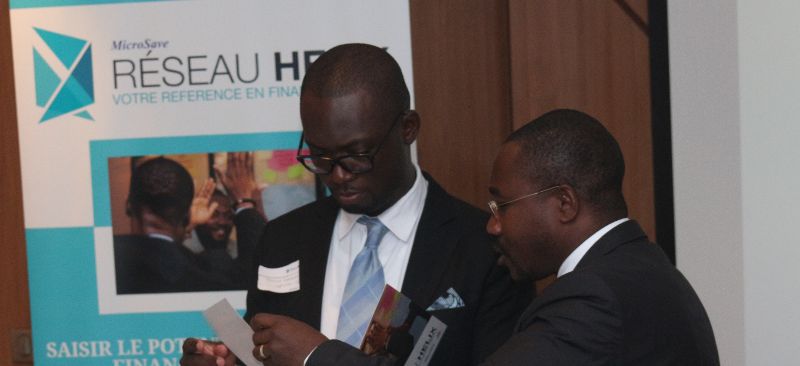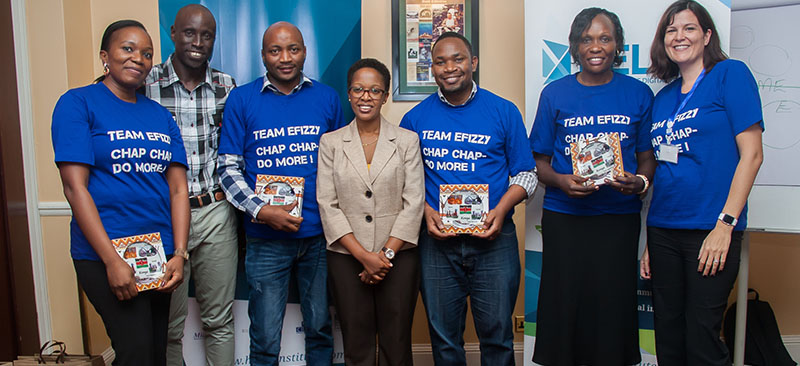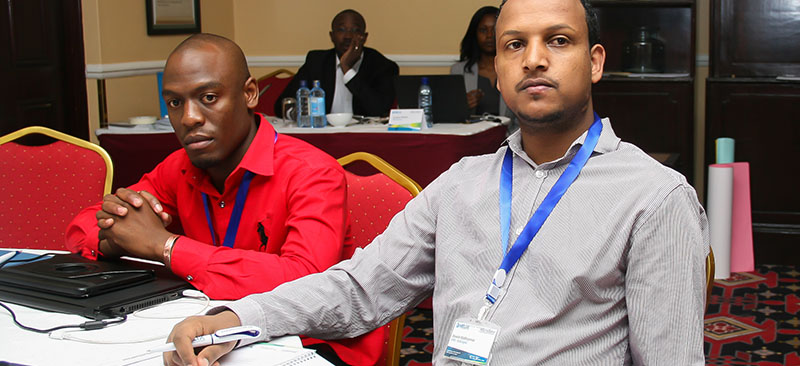The Agent Network Accelerator (ANA) program identifies the factors responsible for the success or failure of agent networks globally. Our partners include leading providers such as M-Pesa, MTN, Orange, Vodafone, Tigo, Airtel, bKash, and EasyPaisa, as well as the Gates Foundation and UNCDF. Through large-scale quantitative surveys and strategic assessments, ANA evaluates agent networks at both national and provider levels, having analyzed 81 providers across 14 countries and covering 31,500 agents.
MSC teams analyze this data to produce country reports for public consumption and customized business analytics for specific providers. The program has completed baseline research in 14 countries, including Kenya, Tanzania, Uganda, Nigeria, India, Indonesia, Bangladesh, Pakistan, Nepal, the Philippines, Zambia, Senegal, the Democratic Republic of Congo, and Benin. Additionally, second-wave surveys have been conducted in countries like Bangladesh, India, Indonesia, Kenya, Nigeria, Pakistan, Tanzania, and Uganda.
As part of ANA, MSC also conducts qualitative strategic assessments in nascent markets such as Nigeria and Indonesia, where scoping visits and stakeholder consultations help understand ground realities and digital financial service developments. The research team has recently developed benchmarks that define the key drivers of successful agent networks, refining our survey tools for the second wave of research. These benchmarks translate into tailored analytics and rapid assessment tools for providers, focusing on operational metrics that align with their strategic value propositions.
The impact of ANA’s work is evident: 11 providers have revised their agent network strategies, 23 have enhanced their liquidity management systems, 14 have refined their agent selection, training, and onboarding processes, 10 have improved agent monitoring, and 13 have diversified their marketing and communication efforts while strengthening agent value propositions to reduce churn.





